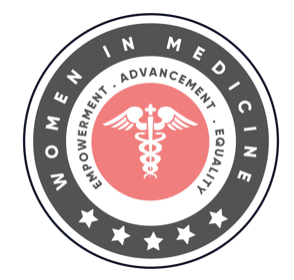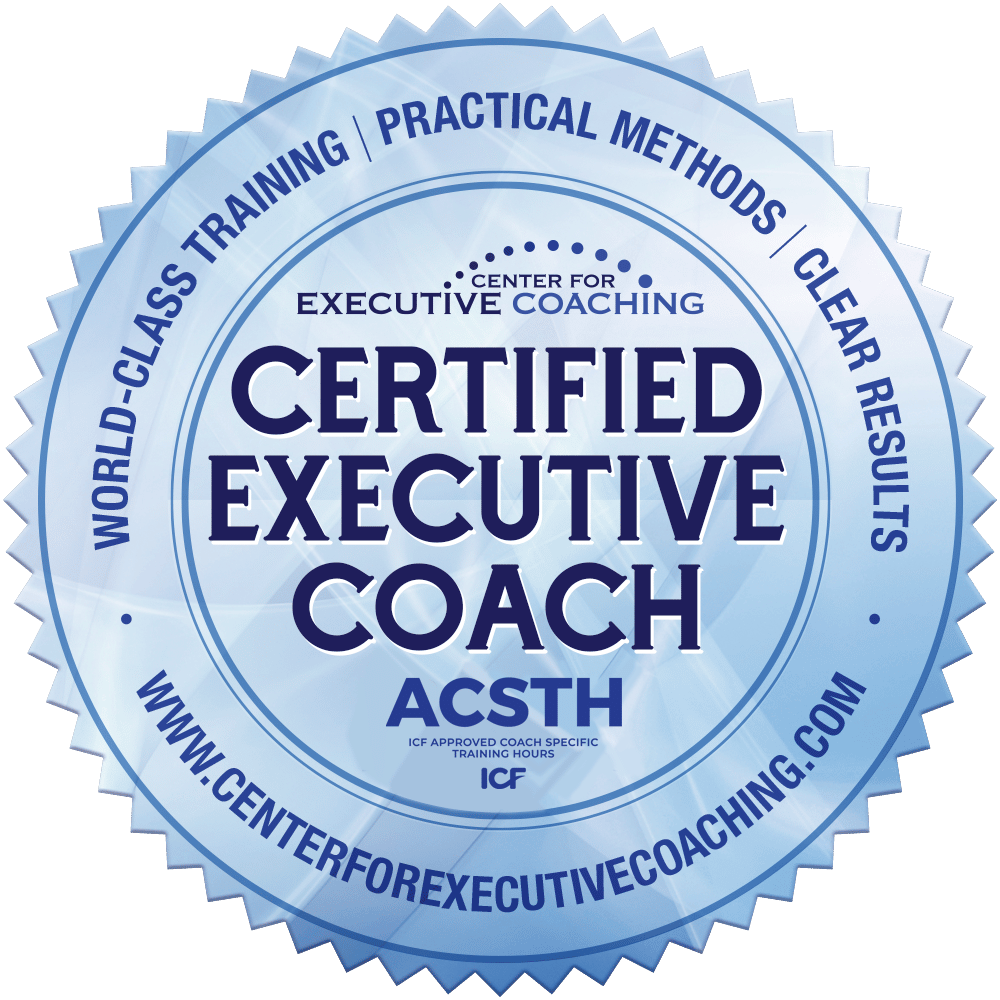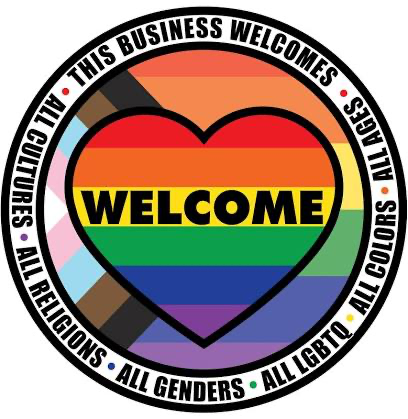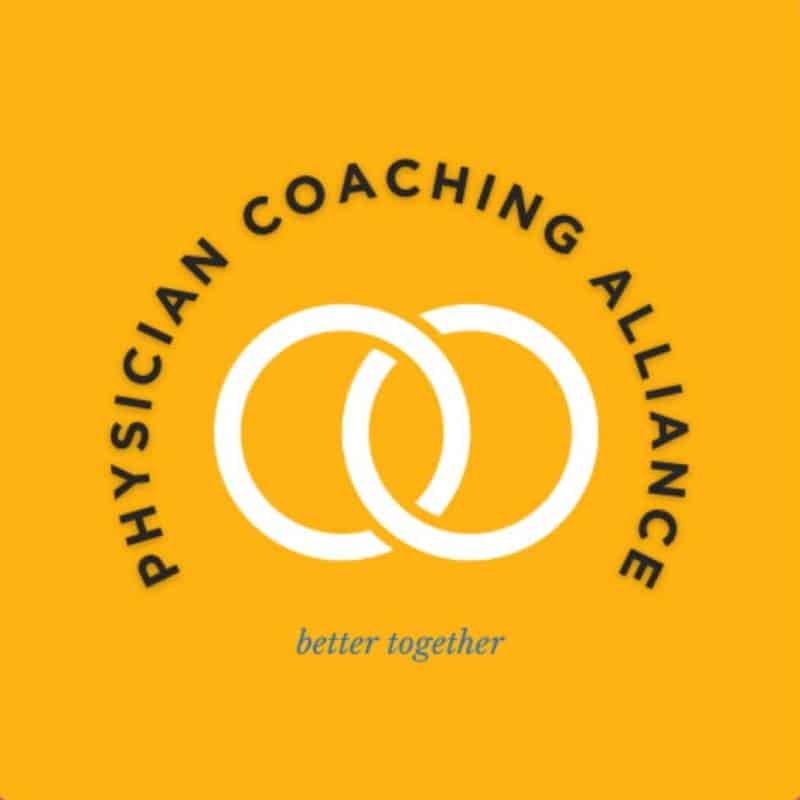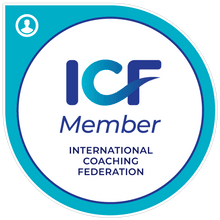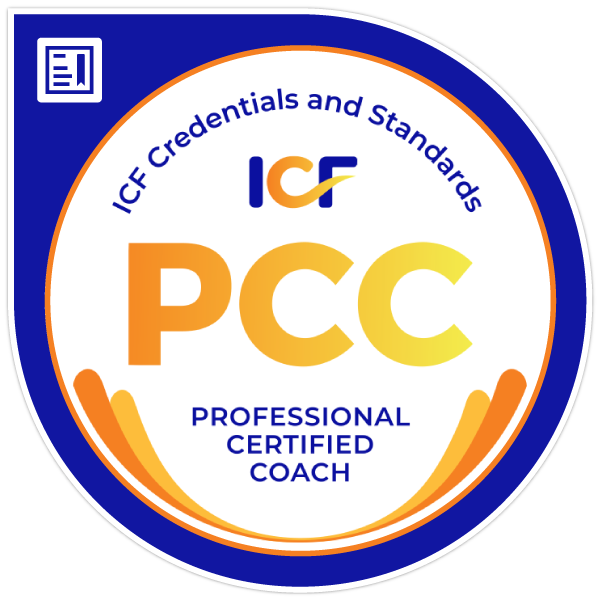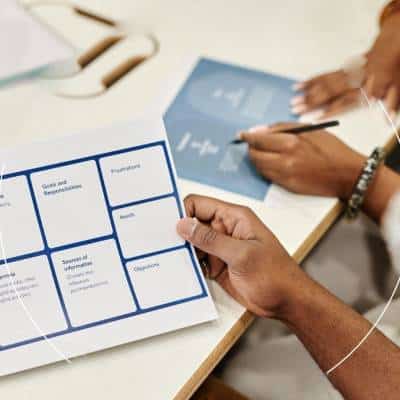Turn Conflict to Opportunity and Get Back to Medicine
A Program for Physicians Who Want to Master Turning Workplace Conflict to Opportunities to Honor the Individual, Foresee Professional Successes, Maximize Team Functioning, and Reclaim Their Focus on the Art of Medicine.

WHO AM I?
Dr. Brisebois: Empowering Physicians for Professional Success : With over two decades of tireless dedication as a physician on the front lines, I have witnessed firsthand the challenges and changes that have impacted our profession. Today, the healthcare landscape demands a new approach—one that prioritizes physician autonomy, patient care, and effective conflict resolution. That’s where I come in.
Driven by my own experiences, I recognized the need for consistency, transparency, and support within the medical field. My journey into leadership began in 2014, culminating in leading a team of 350 physicians through the Covid pandemic. It was during this crisis that I realized the alarming lack of resources available to physicians facing conflict. Sleepless nights, strained relationships, and burnout became far too common.
…Motivated to make a difference, I dedicated myself to extensive education in conflict resolution, leadership, and equity and inclusion. By summer 2022, I had honed my skills to become a respected advocate and teacher, empowering practitioners to turn conflict into professional success. I firmly believe that physicians should be equipped with the tools to love their careers once again, refocusing their energy on patient care.
Today, I utilize my influence in high-level leadership positions to champion the integration of physicians into our health systems. By deepening our understanding of complex systems, we can maximize our impact on patient care, reduce conflict in the work environment, and combat burnout.
As a certified Wellness and Executive Coach, a General Internal Medicine and Palliative Medicine Specialist, and an expert in conflict resolution, negotiation, mediation, equity, diversity, and inclusion, I bring a wealth of expertise to the table. Having served as the Medical Director for a prestigious 290-bed hospital, the Medical Director of the Covenant Palliative Care Institute, and an Associate Chief Medical Officer of Covenant Health, I possess a comprehensive understanding of the healthcare landscape.
Continuing to expand my knowledge, I am currently pursuing a Masters of International Health Leadership through McGill University, and I have trained at renowned institutions such as the Mayo Clinic, Berkeley, Oxford, UBC, and the Justice Institute of British Columbia. Through speaking engagements and published works, I have shared my insights and experiences with international audiences.
Let me guide you and your healthcare team towards success. Together, we can transform conflict into an opportunity for growth, creating happier, more efficient, and more effective healthcare teams. Trust Dr. Brisebois to empower you on your professional journey.
Teams
- Resolving team issues
- Working through changes
- Supporting process development within the team
- Supporting team approach to issues being faced by more than one member of the team
- Supporting team leaders in multiple capacities
- Working through dynamics with non-physicians and operational leaders
- Supporting teams dealing with complaints or concerns from other teams or individuals within or external to the organization
- Psychosocial supports related to concerns or issues for the team (creating healthy workplaces)
- Supports relating to managing differences within the team
Individuals
- 1:1 conflicts or differences
- Working with colleagues to solve issues
- Support creating processes within your team
- Working through complaints or concerns
- Understanding Medical Staff Bylaw and Rules issues
- Supporting being heard in various forums/situations
- Having support in meetings, to ensure your ideas are heard
- Working with non-physician health providers and operational leaders
- Working within a practice to optimize workplace wellness, and operational successes
- Psychosocial supports related to concerns or issues
- Working with your leaders to address issues (individual or team)
- Support your growth as a physician creating healthy work environments, work-life integration, leadership development issues.
- Support understanding health system issues, and how you as a practitioner are impacted.
Out Of Scope
- Focused psychological supports that may be better for a focused professional such as a psychiatrist or psychologist.
- Issues that may impact privileging should also include the physicians privileging body, and their other local supports.
- If legal process is already occurring, Dr B can support practitioners, but would not interfere with that process.
PRE-WORK (OPTIONAL MODULE)
Understanding How We Act in Conflict
Outcome
- Identify your conflict resolution style and how that impacts you when you face conflict.
- Develop an understanding of how your behavioural style may interact with others so you can function together in harmony.
- Verify effective listen strategies to embrace the different perspectives in your workplace.
- Reflect on culture, prior life experience, intersectionality (our diverse, unique characteristics that define us), and other factors that may impact you in conflict.
- Discuss with Dr. B options of completing optional assessments to allow further reflection for yourself or the team in these areas.
Description
Most of us don’t spend time contemplating how we act or approach conflict, but it is critical. We are all individuals and interact differently! This module addresses how conflict can impact our emotions, how we can separate our emotions from process, and how our personality impacts the conflict. Conflict can leave you feeling disconnected and misunderstood, but by investigating how people approach conflict differently, you will master the ability to relate to and communicate with your colleagues positively and productively.
You will have the opportunity to purchase a DiSCTM conflict assessment if you are interested, during this module.
Module One
Understanding the Conflict
Outcome
- Create a Conflict Road map list of issues that the conflict has brought to your attention
- Discover how your values align with your interests in the issues related to the conflict
- Develop a written outline of personal and stakeholder interests that can be used in a conflict conciliation meeting
Description
If you feel lost in how to approach conflict, this module will help you discover how to master a 5-step process that can be used when facing any conflict.
MODULE ONE: SESSION 1
THE CLIENT: ISSUES AND INTERESTS (WHAT ARE THE PROBLEMS AND WHY DO THEY MATTER)
- Create a list of issues (neutral and solvable) that the conflict has brought to your attention
- Discover what is important to you (your values and needs) with respect to the problems that you are facing within the situation
MODULE ONE: SESSION 2
THE STAKEHOLDERS AND THEIR INTERESTS - Define the stakeholders in the situations
- Develop a written outline of personal and stakeholder interests that can be used in a conflict conciliation meeting
- Check in on how process is impacting you (social, psychosocial, spiritual, physical). Time constraints and supports needed
- Complete a personalized Conflict Roadmap
MODULE ONE: SESSION 3
THE NEXT STEPS: DECIDING HOW TO MOVE FORWARD – OUTLINING YOUR GOALS, GAPS IN UNDERSTANDING AND WHAT TO DO WITH YOUR CONFLICT ROADMAP
- Your Conflict Roadmap will be completed at this time (I will have sent it to you prior to this session for review)
- Identify your goals in bringing issues forward (or not), and what this would look like
- Identify gaps in your understanding between yourself and stakeholders
- Make decisions leading to a plan regarding if and how to bring the Conflict Road Map Forward
- Check in on how process is impacting you (social, psychosocial, spiritual, physical). Time constraints and supports needed
Module two
The Conflict Meeting: Preparation, Neutral Language, Negotiation and Achieving Goals
Outcome
- Master meetings discussing conflict situations, and end up with a positive outcome
- Master the art of delineating emotion from the conflict conciliation process delineate emotion from process in conflict conversations
- Gain certainty around your role in conflict, and understand how you can use this knowledge to harmonize with stakeholders
Description
When your day seems consumed with conflict and meetings without satisfactory resolution, this module will help you to gain certainty regarding how to interact with stakeholders to maximize the achievement of common goals.
MODULE TWO: SESSION 1
THE MEETING PREPARATION: HOW TO APPROACH A STAKEHOLDER MEETING AND DISCUSSING THE “CONFLICT ROADMAP”
- What meetings need to be had?
- Decide who will be at the meeting/s
- Discuss if you want anyone to attend with you or for you
- Discuss what supports you need in the meeting (if you wish to attend or lead the meeting)
- Decide timing of the meeting (when, where) and how will you share your questions, your “gaps in understanding”
- Strategize potential opportunities and management plan if the conversation moves in an unexpected or undesirable direction
- Who will you reach out to and in what way (in person, email, virtual), decide how to best use the Conflict Roadmap, and determine your time frame goals
- Set an Agenda with stakeholder review prior to the meeting
MODULE TWO: SESSION 2
THE MEETING: MOVING FORWARD WITH YOUR STAKEHOLDER/S
- Set the stage for a collaborative meeting, what does this look like for each stakeholder (how do we talk to each other for the maximal benefit)
- Promote principles of appreciative inquiry, open ended questions
- Review all parties “gaps in information” and discuss openly
- Map out common goals, after reviewing goals of all parties
- Review the Conflict Roadmap from the stakeholder perspectives, focusing on discussions regarding practitioner perspectives and stakeholder perspectives
- Decide on next steps
- Documentation of the meeting, sent to all stakeholders (agreement on who will create this document)
- Follow Up Plans formed
Module three
The Resolution: Following a New Path
Outcome
- Have continued support from a professional while your conflict resolves (standard time for most conflicts to expect would be 1 to 4 months).
- Have access for a conflict/mediator for your needs (e.g., attend stakeholder meetings with you, pre-planning to lead your meetings, team operations and supports, meeting follow up issues)
- Review a summary of the conflict and how you turned it into an opportunity, a work plan for your next opportunity!
- Consider completing the Feedback Form for the Turn Conflict to Opportunity Program. It will help improve the program, and to create new content!
- Consider getting involved in mentoring others to learn skills in managing our differences
- Consider submitting a testimonial for Dr. B and the Program (if you found it helped you)! It may encourage others to reach out for help, rather than abandon something (their career, their practice, their life) that they highly value
Description
With your conflict well on the way to resolution, you can now know that there is an end in sight, you have the follow up and support that you need, and you can get back to medicine!
MASTERING the ART of TURNING CONFLICT TO OPPORTUNITY
To unlock this program, you must complete conflict 101 OR message Dr B directly to get approval.

